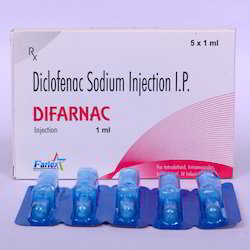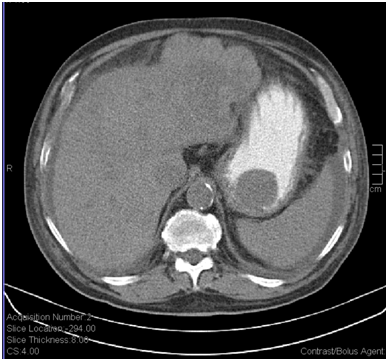The Importance of Thrombocytes in Inflammation and Systemic Hemolytic Anemia

Thrombocytes are blood cells that are responsible for carrying oxygenated blood back to the capillaries of the body. This process is important as it helps to maintain a steady blood flow to all the major organs and tissues of the body. But what happens when a part of the thrombocytes becomes damaged and cannot do its job? The body has an important repair process in place that enables it to replace any damaged parts of the cell.
There are two different types of damaged thrombocytes. They are called Scleroderma and Systemic Hemolytic Anemia.
Scleroderma is the most common form of this condition. It causes the blood cells to become abnormal and produces an abnormal blood clot. In the Scleroderma condition, the blood clot forms into a thick sludge or clot that can be found inside the red blood cells. This sludge will eventually travel through the digestive tract, but it can also lodge in the liver or kidneys. When this is not treated, the liver or kidneys can end up being damaged or destroyed.
Systemic Hemolytic Anemia, or SHA, are caused when the thrombocytes within the blood pool of the blood vessels fail to work properly. The blood cells will end up gathering together to form a clump of blood that does not drain correctly. This type of clot can travel throughout the blood stream to damage cells of the immune system and blood cells.
Once the immune system is affected, there is no way that the body can fight off the invaders that are caused by the clumps. There is no way to remove the foreign substances from the body. This is why Systemic Hemolytic Anemia is so dangerous.
The damage to the thrombocytes can take place as a result of a variety of reasons including: inflammation of the blood vessels that cause scarring, blood vessel blockage, a genetic disorder that causes the formation of clots in the blood and an autoimmune disorder that attacks the thrombocytes's DNA and cause them to break down and release blood clots. This type of condition can also occur from the use of certain drugs. Many of these drugs can have side effects that can further damage the thrombocytes and their ability to carry oxygen to all the major organs and tissues of the body.

Because platelets cannot work properly, the immune system is unable to destroy foreign matter or protect the body from infection
This makes the body vulnerable to illness and disease.
A healthy immune system is essential for the production of white blood cells, which help fight infections and other invaders. If there is an imbalance in the immune system, the body cannot effectively fight off infections and other conditions that can cause it to function at its optimal level.
When the immune system does not function properly, a person can develop systemic hemolytic anemia. When the immune system is not working properly, the body cannot fight infections effectively, which can lead to a buildup of foreign matter and blockage of blood vessels.
One way to keep your immune system and platelets healthy is by eating foods that contain antioxidants. Antioxidants can help the immune system function more effectively by fighting free radicals. free radicals and supporting the health of the immune system.
White blood cells prevent the absorption of foreign particles into the bloodstream through a process called antigen-antibody interaction. When antigens are present, white blood cells produce antibodies that bind to the antigens and prevent foreign substances from entering the body's system.
These white blood cells are important for the proper functioning of the immune system because they are able to help fight infections, illnesses and diseases. The body is able to fight off diseases and illnesses when the immune system is functioning properly, but the body cannot fight off infections and the accumulation of foreign matter through the thrombocytes when it has an improper balance.